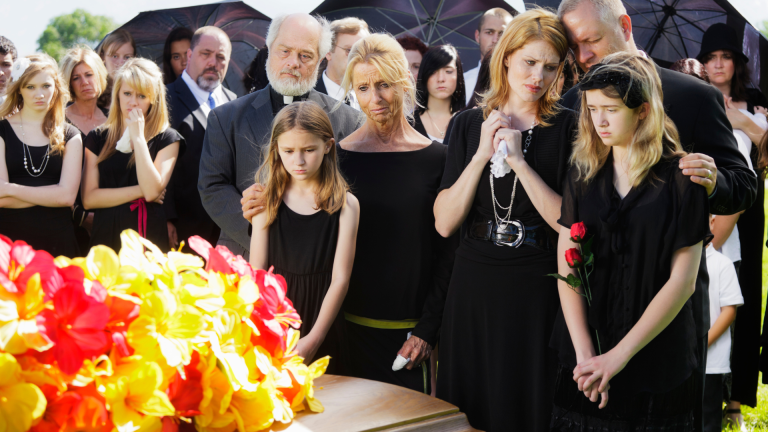Planning a funeral for yourself or a loved one can be difficult. Some people don’t have enough money to pay for their needed services. Others aren’t sure how to pay for these expenses. However, if you’re faced with paying for a funeral, there are a few things you can do to plan. You can pay in advance for a pre-need funeral plan, which can help with the costs of the funeral. These plans can help cover the funeral, burial, or cremation. However, they come with a cost.
Once you have made the decision to say farewell to a family member or loved one, it’s time to begin the daunting task of planning a funeral. Although death is a part of life, the process of arranging a funeral is an emotional journey that can be difficult to navigate. You will encounter various costs, decisions, and tasks as you plan your funeral.
Fulfill Their Final Desires
If your dear one has departed with any final wishes, try to honor those in a timely manner. For instance, if the departed had expressed a desire to have their long-lost companions present at their memorial, take steps to locate these friends, ideally with assistance from experts in person tracing (like those at Bond Rees), and extend them an invitation to join the commemoration. Likewise, if their ultimate wish was to contribute funds to a charitable cause, take the initiative to identify a reputable charity that will ensure your donation serves its purpose effectively.
Select A Funeral Home
After the loss of a loved one, grieving families are confronted with the challenging decision of choosing a funeral home. While there may be numerous options available in your area, it’s often advisable to opt for a reputable and well-established company like hearts funeral Singapore. These companies boast years of experience and possess the resources to offer a comprehensive array of services. Additionally, they can provide a sense of comfort and reassurance to the family amidst this trying period.
Contact The Deceased’s Legal Representative
When someone dies, one of the first things that happen is that you have to contact their immediate family member to let them know. Unfortunately, situations can arise where communication with the deceased is essential. Contact their legal representative if you have recently lost someone close to you.
Settle Legal Disputes
Planning a funeral can be a stressful and emotional experience. In addition to going through a difficult time, funeral planning also involves making important financial and legal decisions. Following a loved one’s death, family members will often discuss funeral planning amongst themselves to create a plan of action.
Make a list of what you want to happen at the funeral
When a loved one dies a sudden, unexpected death, such as going for a routine doctor’s appointment and them missing a diagnosis that has led to them losing their life, the last thing on your mind is probably dealing with a funeral service. After all, you will be doing all you can to find a lawyer for medical misdiagnosis leading to death, that a funeral is at the back of your mind.
While it is hard, funerals provide the opportunity to say goodbye and reflect on the life of the deceased. They can also serve as an opportunity to bring closure to family and friends. Make a list now of what you want to happen at your loved one’s funeral, such as who will speak, what type of music will be played, and the order of events. The funeral may be religious, non-religious, or both.
Make Arrangements For A Burial Or Cremation
When navigating the challenging task of planning a funeral for a family member, one crucial decision revolves around choosing between burial and cremation. Each option carries its own considerations and traditions. For those opting for burial, decisions about caskets, cemetery plots, and memorial services come into play. On the other hand, cremation offers a more flexible approach, allowing for choices such as scattering ashes, keeping them in an urn, or creating cremation diamonds. Regardless of the choice between burial or cremation, thoughtful consideration of the deceased person’s wishes, cultural or religious beliefs, and the family’s preferences guides the decision-making process during this sensitive time.
Choose An Obituary Writer
When a loved one dies, the last thing on your mind is putting together an obituary-but it’s an important part of funeral planning. An obituary is a formal notice detailing the date of death, when and where the funeral will occur, and any related details. But choosing a local obituary writer can be a confusing and stressful process, considering the number of options you have.
Choose A Memorial Location
Choosing a memorial location can be an overwhelming task, and many factors must be considered. Choosing where to bury your loved one can be a difficult and emotional experience, and selecting the right location for a gravesite is one of the most important decisions you will make.









